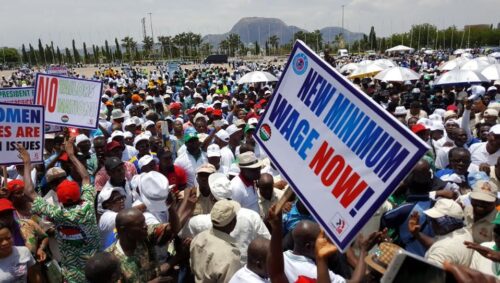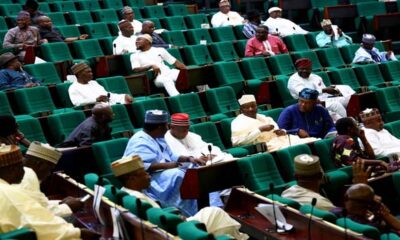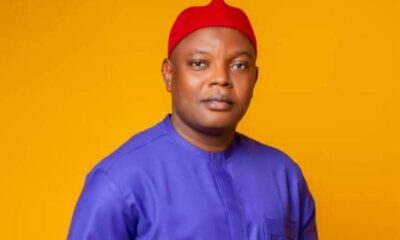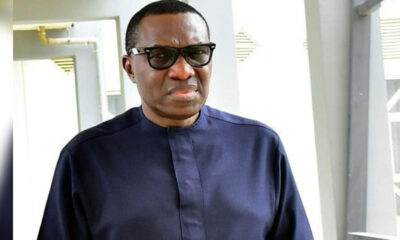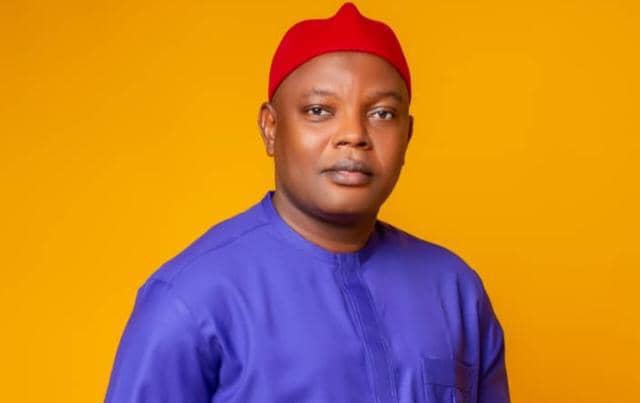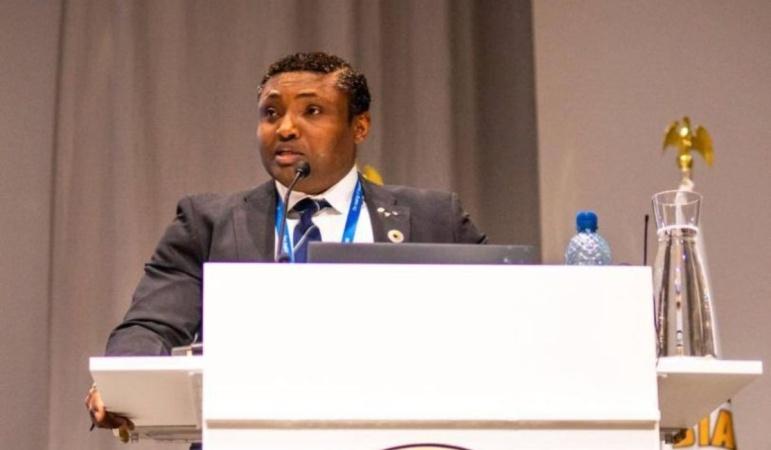The House of Representatives on Thursday, November 21, rejected a proposed constitutional amendment aimed at instituting a single six-year term for the president, governors, and local government chairmen across the federation.
The bill, sponsored by Ikenga Ugochinyere (PDP, Imo) and 33 co-sponsors, also sought to divide the country into six geopolitical zones and establish a rotational system for the presidency and governorship within these zones.
Additionally, the bill proposed that all elections be conducted on a single day.
It aimed to amend Section 132 of the Constitution by inserting a new subsection (2), deleting the extant subsection (4), and renumbering the entire section accordingly. The proposed amendment would have stipulated that elections to the office of President of the Federal Republic of Nigeria be rotated between the North and South regions every six years.
The bill also sought to amend Section 180 of the Constitution, replacing “four years” with “six years.”
Furthermore, it proposed altering Section 76 by inserting a new subsection (3), which would read: “(3) For the purpose of Section (1) of this section, all elections into the offices of President, Governors, National Assembly, and State Houses of Assembly shall hold simultaneously on the same date to be determined by the Independent National Electoral Commission in consultation with the National Assembly and in accordance with the Electoral Act.”
When the bill, which was scheduled for a second reading, was put to a vote, the majority of lawmakers voted against it. This is not the first time the House has rejected a bill seeking a six-year single term for the president and governors.
In 2019, a similar bill, sponsored by John Dyegh from Benue State, also failed to progress to the second reading.
Dyegh’s bill had also proposed a six-year term for Members of the National Assembly and State Houses of Assembly. He argued that a six-year term would allow members of the National Assembly to gain more experience, as opposed to the current four-year term.
According to Dyegh, re-election for the president and governors costs three times more than the first election and is often marked by violence. He believes a single term of five years would help curb the irregularities associated with re-election.
Former Vice President Atiku Abubakar had also proposed a further amendment to the 1999 Constitution and the Electoral Act 2022, advocating for a six-year single term for the president for each of the six geopolitical zones.
He added that the law must mandate electronic voting and the collation of results, and require the Independent National Electoral Commission (INEC) to verify the credentials of candidates, among other reforms.
The governor of Anambra State, Prof. Chukwuma Soludo, also backed calls in June this year for a single term for elected politicians.

 BIG STORY2 days ago
BIG STORY2 days ago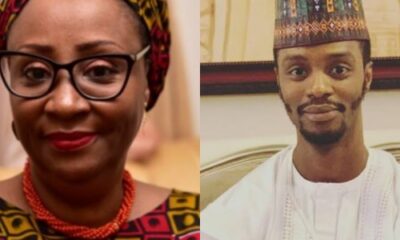
 BIG STORY2 days ago
BIG STORY2 days ago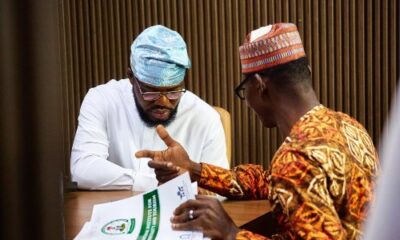
 BIG STORY2 days ago
BIG STORY2 days ago
 BIG STORY3 days ago
BIG STORY3 days ago
 BIG STORY19 hours ago
BIG STORY19 hours ago
 BIG STORY3 days ago
BIG STORY3 days ago
 BIG STORY2 days ago
BIG STORY2 days ago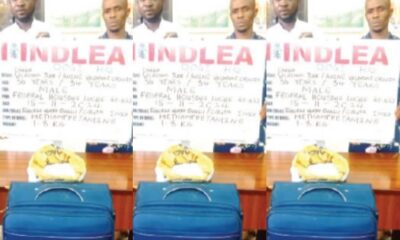
 BIG STORY4 days ago
BIG STORY4 days ago




